Central Asia Mountain Observatories Network (CAMON)
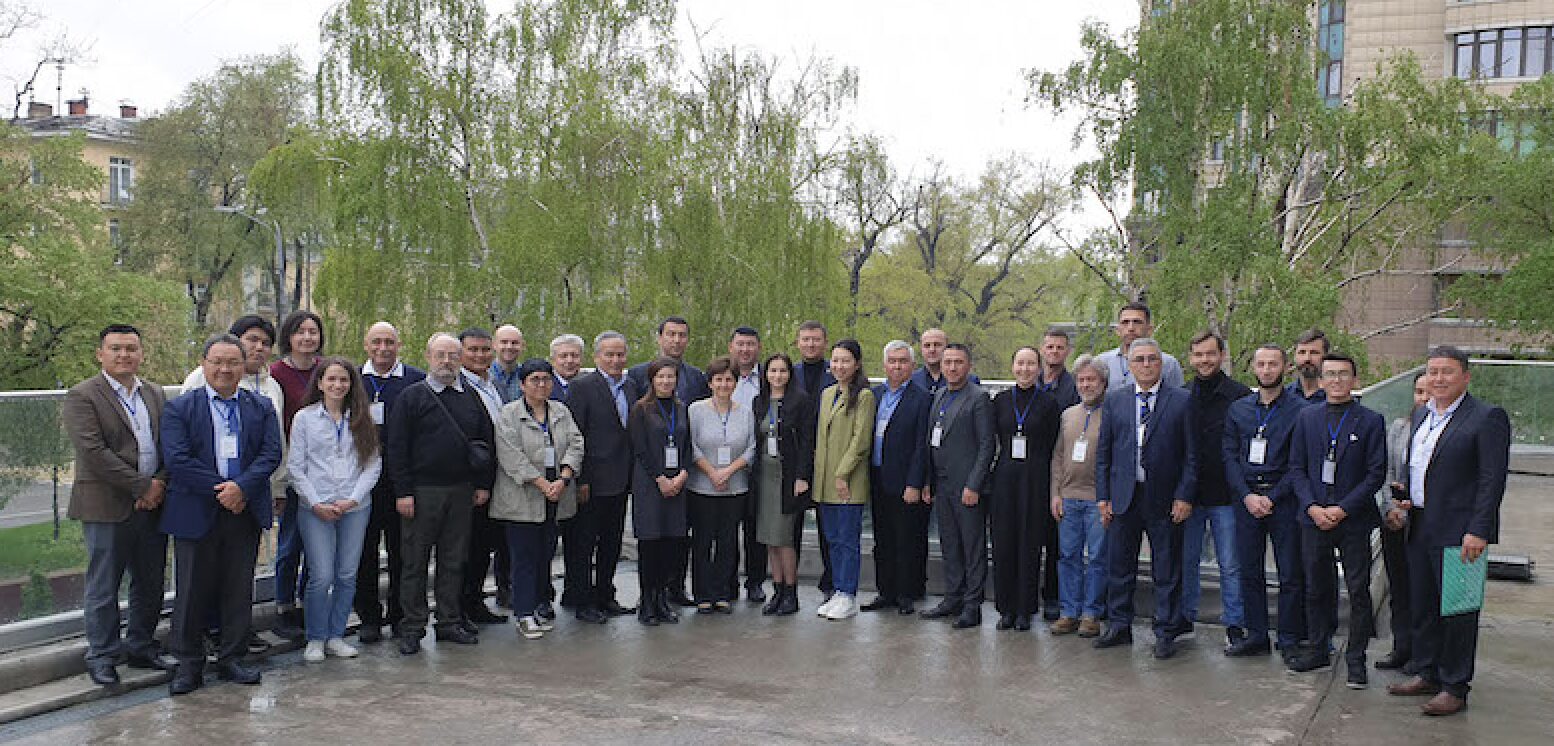
Introduction
Several institutions from Central Asian countries have long collaborated on in situ climate, cryosphere, and hydrological monitoring in the region’s mountains. In 2023, the network was formalised, engaging in discussions on issues such as providing opportunities for Early Career Researchers (ECRs), expanding the thematic scope of existing observatories, and conducting collaborative projects. It was also the first in a series of regional workshops that GEO Mountains are undertaking in 2023 under the Adaptation at Altitude Programme.
This article is based on the original text, which can be downloaded from the right-hand column. Please access the original text for more detail, research purposes, full references, or to quote text.
Getting started
An in-person workshop was held in Almaty, Kazakhstan, in March 2023. In addition, CAMON was supported by the GEO Mountains Small Grants Programme 2023 to deliver initial open datasets from the past monitoring activities.
CAMON consists of four established observatories (Tuyuksu in Kazakhstan, ChonKyzyl-Suu and Ala-Archa in Kyrgyzstan, and Pskem in Uzbekistan) and two emerging observatories (Varzob and Khorog in Tajikistan). The former were established in the 1950s as glaciological stations to provide data on glacier mass balance informing water resource management in this arid region. All observatories have evolved to include a wider range of observations and participated in many joint regional and international projects.
The aims of the workshop were as follows:
- To provide a platform to share experience, knowledge, and capacities across CAMON;
- To build, or further develop, personal connections;
- To discuss and co-identify joint projects, in particular those related to “new” monitoring and research directions for CAMON sites (e.g. enhanced focus in biotic monitoring);
- To discuss potential movement towards greater standardisation across CAMON sites (e.g. in terms of variables measured, equipment, protocols, and/or data processing and storage);
- To identify opportunities for enhanced data exchange between individual CAMON sites, as well as between CAMON (or CAMON sites) and national hydrological and meteorological services (NHMSs) and the World Meteorological Organization (WMO) system;
- To identify opportunities for teaching, training, and Early Career Researchers’ projects to be more fully integrated with CAMON, and;
- More generally, to develop a stronger identity and “combined voice” extending across individual countries and disciplines, which in the longer term could help attract additional research funding and enhance CAMON’s influence and potential advocacy efforts in relation to sound environmental management and sustainable mountain development in the region.
Key messages
Discussions of the workshop focused on:
- Opportunities for CAMON, such as further developing work on water quality, isotopes, and hydrochemistry within the network; work on meteorological conditions, hazards, and air quality; and digitising and compiling existing analogue data archives.
- Exchange between CAMON, WMO, & NHMSs on monitoring, data, & knowledge
- Expanding CAMON’s scope to include more vegetation / biodiversity monitoring
- Opportunities for integrating education activities and ECRs in CAMON’s activities
- Needs and opportunities for sharing capacities across CAMON
- Identifying priority topics for enhanced socio-economic monitoring in and around CAMON sites
CAMON is now a functional, interdisciplinary network with potential to expand spatially and thematically to help address many environmental and societal challenges affecting the mountains of Central Asia under global change.
Explore the main outcomes in more detail in the workshop report accessible from the right-hand column.
Further resources
Suggested Citation: The Mountain Research Initiative & GEO Mountains (2023). MRI Mountain Observatories Working Group & GEO Mountains Workshop in Central Asia, Almaty, 18-20 April 2023. Workshop Report. doi: 10.48350/183023.
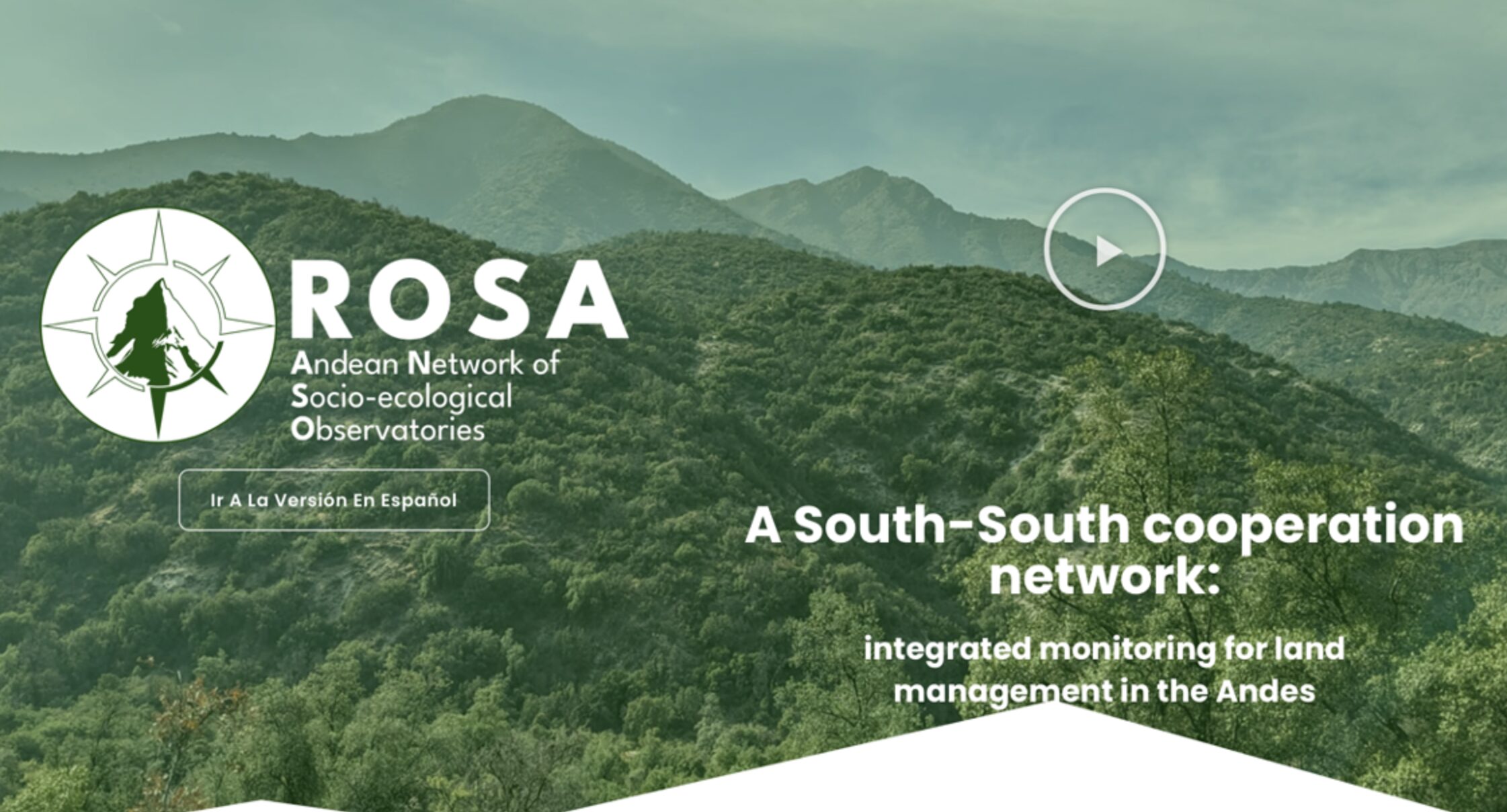
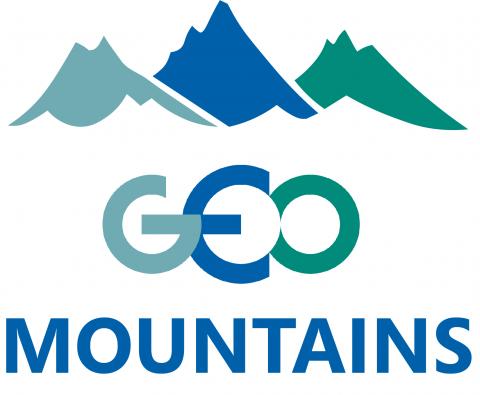
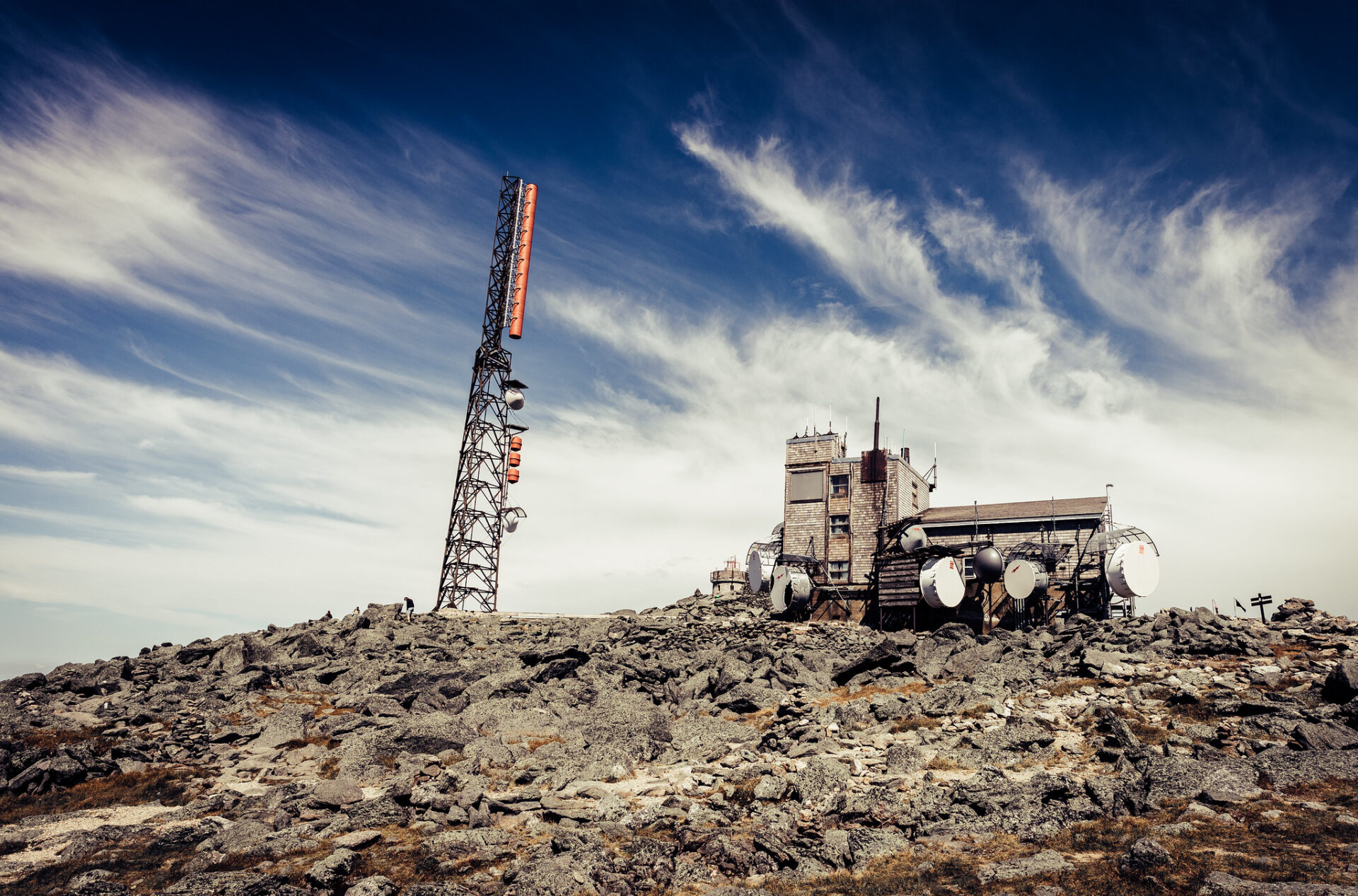
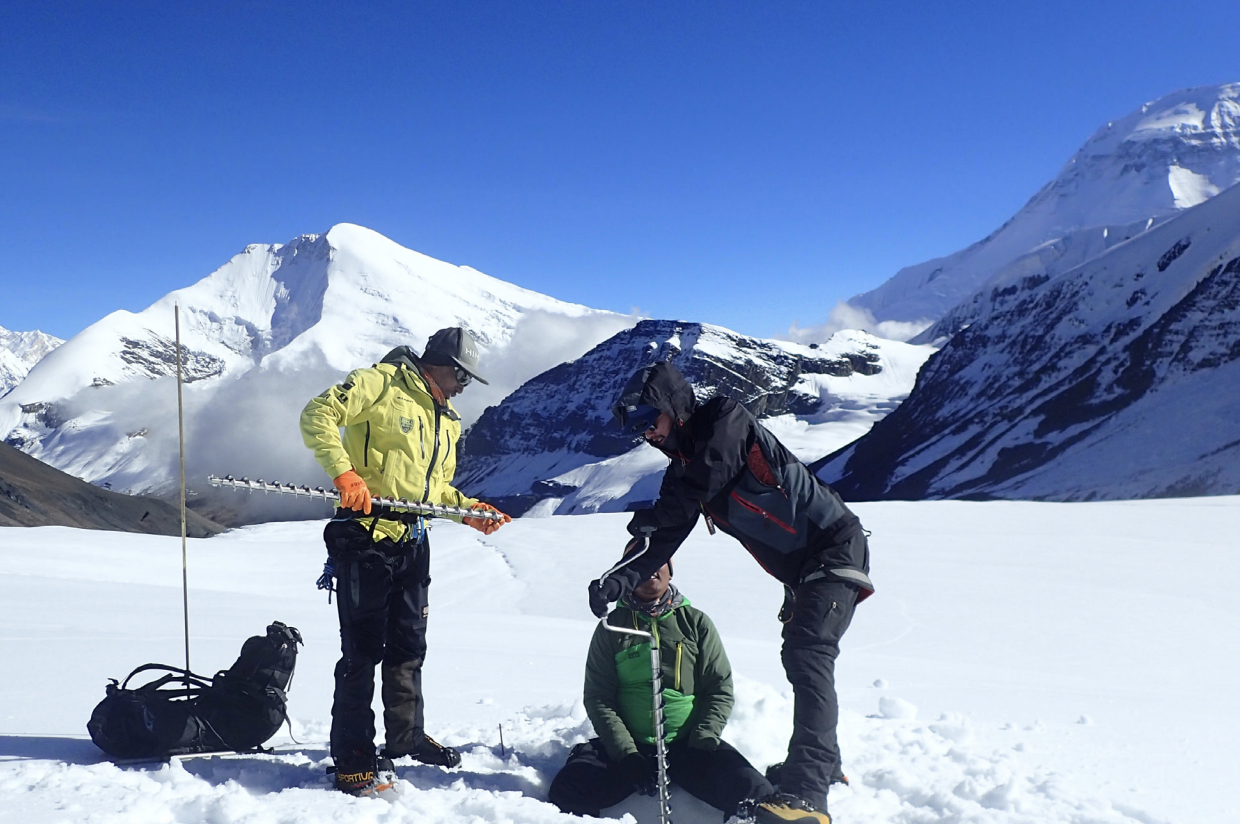
(0) Comments
There is no content